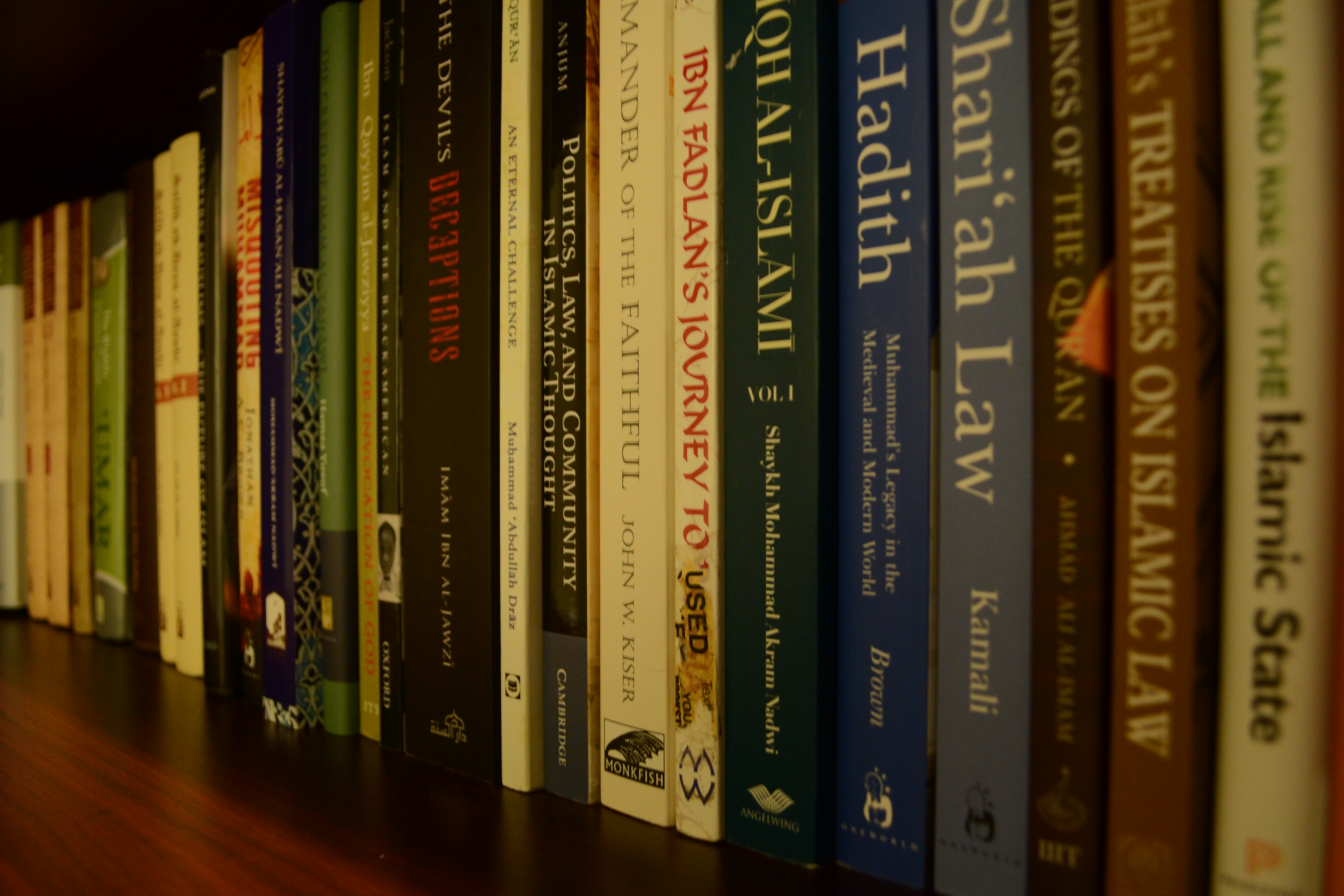Every man should have a personal library. Your own personal collection of books you’ve read over the years. Books that have shaped you, books that you refer back to, books that you have an emotional connection to, and books that reflect the kind of man you are and want to be.
When I was a junior in college, one of my favorite history professors, while lecturing about something completely different, stopped and said, “You know. One thing they forget to tell you is that in college, you start cultivating your personal library. Here in college, you’re going to read books that change how you think and challenge your mind in a way it hasn’t been challenged before. Keep those books. And look back at them in 20 years. Reread them when your own kids are in college. And look at how life will have changed how you see them.”
Whoever “they” are, they did forget to tell most of us this. Most of us vaguely know that at some point, when we live alone, we definitely want a bookshelf that has books on it. But that’s not something that should happen overnight. Your book collection should grow as you do. It should reflect the twists and turns of your own life and expand as your mind does.
Here are a number of tips to help you cultivate that personal library.
- First……you have to read. If you’re not reading, your library is not going to grow and even if it does, it’ll just be decoration.
- Buy books. Actual physical books that you can hold in your hands. One of my teachers mentioned when he was a student at the University of Madinah and he and a fellow student invited a scholar to eat dinner with them at his friend’s apartment. During the course of the visit, his friend proudly showed the scholar a flash drive which had PDFs of all six books of hadith, books of fiqh, aqeedah, tafsir, you name it. Instead of being impressed, the scholar actually became upset and said that our tradition is one of physical books, not files on a hard drive. I’m not dismissing PDF’s and e-books entirely, but there is something to be said of holding a book between your two hands. While PDF’s can be useful for books you just casually want to read and pass time with, don’t be stingy with spending money on physical texts. Books are an investment and ones which will pay for themselves many times over.
- Don’t go on a buying splurge and amass books that you’re not going to read or that will take you forever to get through. Buy books as you read them and your library will steadily gain mass. Buying 2 books a month adds up to 240 books after 10 years.
- Don’t collect for the sake of collecting. That’s for hobbyists. A personal library should be your collection. That doesn’t mean every book has to have some deep significant meaning, but don’t go out to Goodwill and buy 50 cheap books so that you have something on the shelves. Let your library grow organically.
- If you have the time (and money), try and get ahold of your favorite childhood books. Books you read in high school or even elementary school. You’ll get hit with a wave of nostalgia and, particularly if you reread some classics, may find yourself interacting with the book in a completely different way.
- Don’t loan out your books. Really, don’t. I let someone borrow my copy of Hamza Yusuf’s Purification of the Heart two years ago to prepare for a halaqah and have never seen it again. Don’t loan out a book unless you’re willing to have parted with it forever.
- If you’re still in college, at the end of every semester, sit down and go through your books before selling them. Be liberal in keeping books and think twice before deciding to sell one. A rule of thumb I used is textbooks go and other books stay (with exceptions as needed, of course). In particular, I got rid of most of my science textbooks as they would be useless in 20 years and kept my history and humanities books.
- Amazon is key for building your library. I would estimate that 75% of my books are straight from Amazon. And don’t be afraid to buy used, especially if there’s a big price difference between new and used copies.
Finally, develop a lifelong attitude of learning. If you’re always striving to improve yourself and become a better person, you will naturally find yourself obtaining books to help you in the process.


Leave a Reply